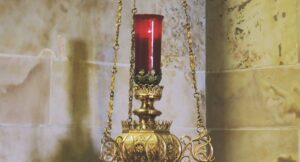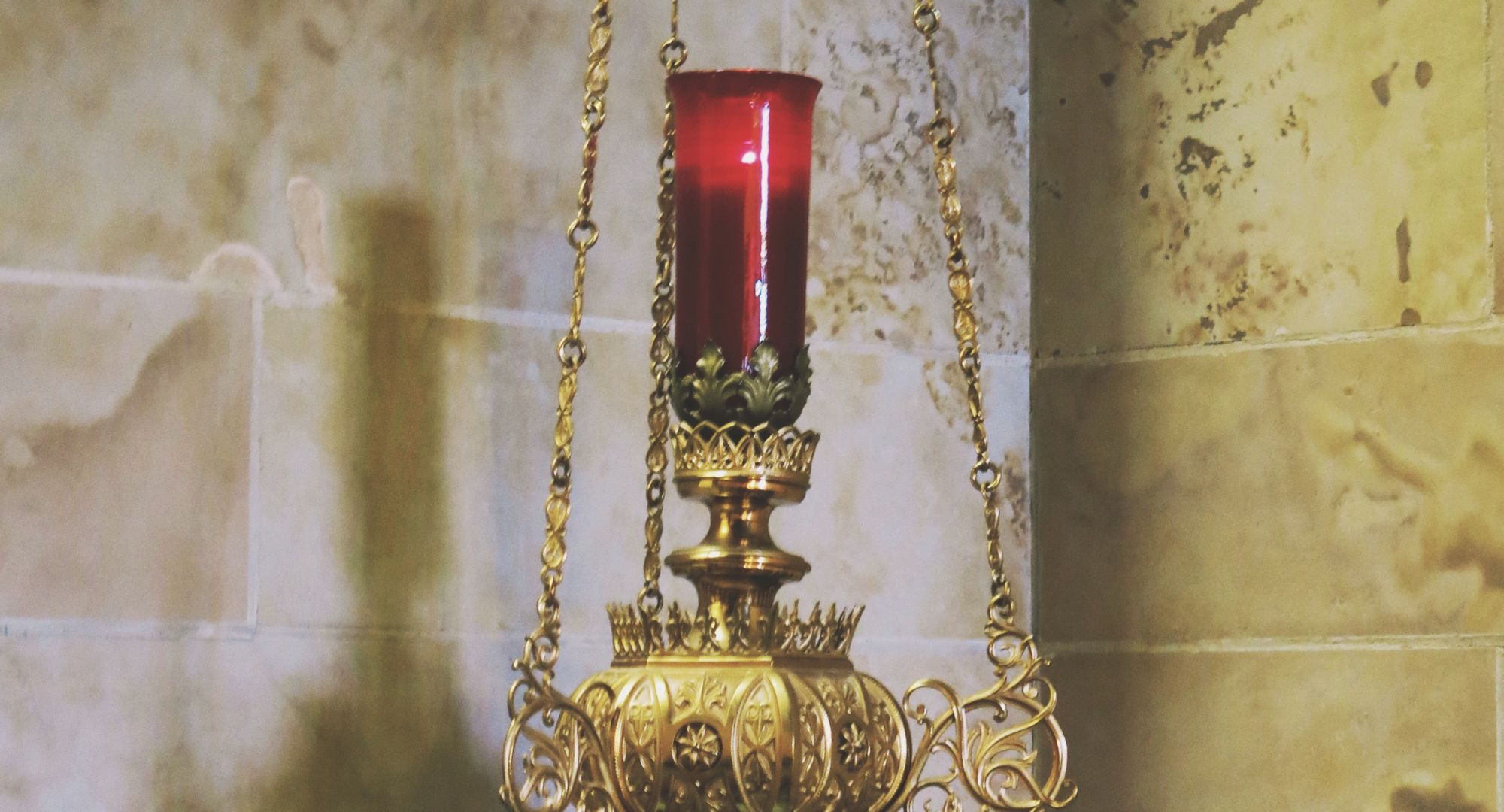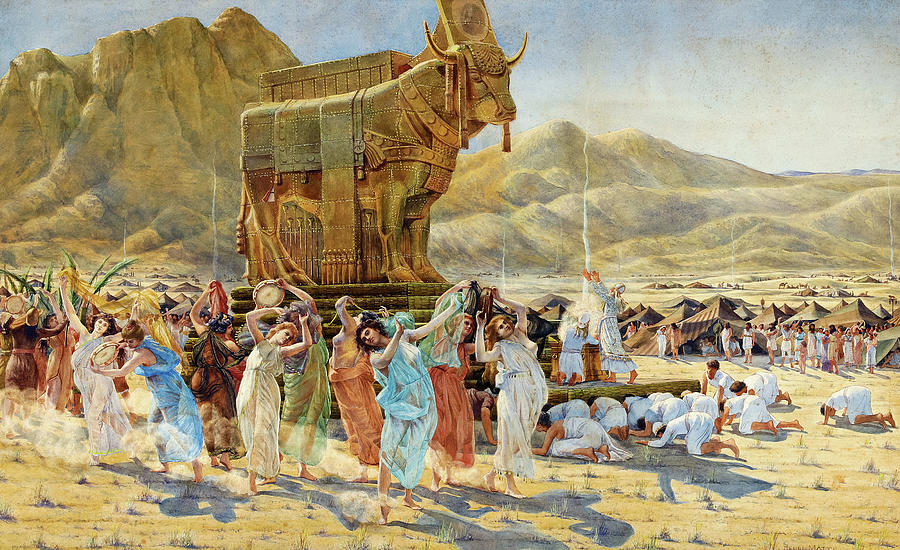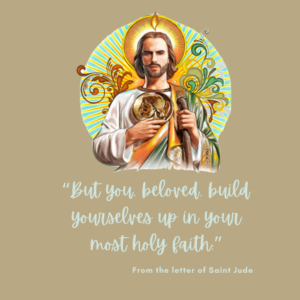Going to adora tion as the Easter Triduum begins on Holy Thursday is an experience like no other in the Church.
tion as the Easter Triduum begins on Holy Thursday is an experience like no other in the Church.
It’s the night when Jesus institutes the Holy Eucharist, the source and summit of the Christian life. It’s the night when Judas betrays Jesus for 30 silver coins, then hands Him over to the enemy after identifying him with a kiss.
Thus marks the beginning of the end of the God Man’s life on earth.
As I contemplated the events that were about to unfold, I realized this visit to the Blessed Sacrament was unlike every other day of the year. Because in a matter of hours, that tall red candle that signifies Jesus’ true presence would be extinguished. And for the next 36 hours or so, Jesus would be gone from the tabernacle—because he was going to the tomb.
Of course he wouldn’t go to the tomb before dying a death thats brutality defies human comprehension. He wouldn’t go before breaking out in a blood sweat or before being denied three times by the man who would be our first pope. Nor would he go before being the victim of hatred and vitriol spewed at him by Jewish rulers. Surely their actions indicated they must’ve been overtaken by evil in those moments as they demanded His punishment be one reserved for the most hardened of criminals. And Jesus wouldn’t go to the tomb before being crushed under the weight of every sin that would ever be committed by the whole of mankind, past or present.
It was with that knowledge that I found it difficult to leave the sanctuary. I knew what was about to happen and I didn’t want to leave Jesus.
Or maybe I didn’t want him to leave me.
So I stayed an hour, then another. Oh how accustomed I’ve become to His presence—oh how I seek out the glow of the red candle that assures me of our Lord and Savior’s presence: body, blood, soul, and divinity.
And it was going away. Jesus was going away.
In those moments, I realized my own need to walk the way of the Cross. For there is no other way this side of Heaven. And sometimes a person just longs for it to be over, don’t they? To just skip the part with all the suffering and get straight to the good stuff—the resurrection. Heaven.
But as Pope Emeritus Benedict XVI said, we weren’t made for comfort, we were made for greatness.
With that in mind, I re-adjusted my thinking and promised Jesus I would walk with Him. That I’d see it through. By walking with Him, I can learn how to carry my own crosses.
And when the glory of Easter morning finally arrives, I can re-live the words of the angels at His tomb: He is not here, for he is risen. And I can rest in the reassurance that his passion wasn’t an end. It was only the beginning.
Oh my Jesus, forgive us our sins. Save us from the fires of hell and lead all souls to Heaven, especially those in most need of thy mercy.



 Have you ever wondered what the shortest books of the Bible are? That’s precisely where I found myself this morning as I flipped over to the Letter of Jude in honor of his feast day today. (Side note: he shares this day
Have you ever wondered what the shortest books of the Bible are? That’s precisely where I found myself this morning as I flipped over to the Letter of Jude in honor of his feast day today. (Side note: he shares this day
